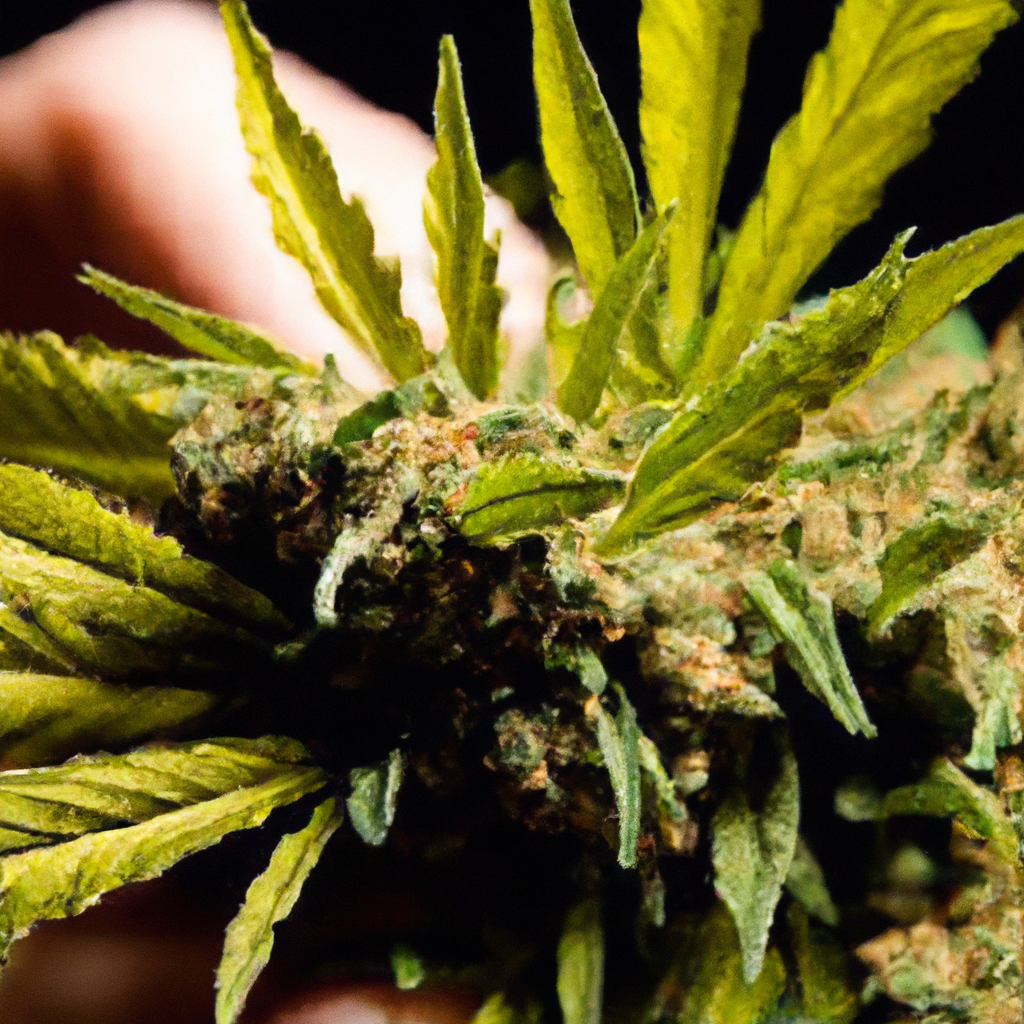Your cart is currently empty!
The relationship between cannabis and music is as old as the use of the plant itself. This synergy has traversed cultural, historical, and modern landscapes, enriching the experiences of both musicians and listeners. This blog delves into their entwined journey, revealing unique perspectives and insights into how cannabis influences musical creativity and appreciation.
The Historical Bond Between Cannabis and Music
Historically, cannabis has been employed in various cultural rites and celebrations, where music played a central role. Ancient civilizations, from India to Africa, integrated the plant into their spiritual practices, often accompanied by drums, chants, and melodies. This historical affinity laid a foundation that paved the way for cannabis to impact musical expression profoundly.
Enhancing Musical Creativity
Cannabis has been lauded by many artists as a tool that enhances creativity. The chemical interactions in the brain caused by cannabinoids may alter perception and emotional responses, fostering an environment where creativity can flourish. Musicians report that cannabis helps break down creative barriers, allowing for spontaneous improvisation and innovative composition.
- Increased Flow: Many musicians find that cannabis enhances the state of flow, where creating becomes almost automatic, with less self-criticism and more freedom.
- Sensory Enhancement: Cannabis can heighten auditory senses, making music more vivid, which in turn may inspire new melodies or rhythmic patterns.
- Emotional Connection: It is reported to amplify emotional expression, an essential component of musical storytelling.
Cannabis and Music Appreciation
Cannabis doesn’t only benefit musicians; its effects extend to listeners who seek to delve deeper into the world of sound. Research suggests that cannabis can amplify the emotional experience of music, making it feel more immersive and exhilarating.
- Heightened Perception: Users often report an increased appreciation for nuanced sounds and subtle details within compositions.
- Emotional Amplification: Music can evoke stronger emotional responses, creating memorable experiences during concerts or listening sessions.
- Community Building: Sharing musical experiences while using cannabis can foster a sense of connection and community among users.
The Ethics and Future of Cannabis in Music
While cannabis continues to play a significant role in the music industry, the ethical considerations surrounding its use remain a topic of debate. With increasing legalization, artists and consumers alike are exploring cannabis responsibly and creatively, paving the way for new artistic expressions and experiences.
Looking ahead, the potential for cannabis to reshape the music landscape is immense. As research expands and societal norms shift, its role in artistic processes and experiences will likely continue to evolve, fostering new dynamics within the industry.
Conclusion
The intersection of cannabis and music is a rich, complex tapestry that spans history and culture. It has the power to enhance creativity and deepen appreciation, offering a unique lens through which we experience sound. For both musicians and fans, cannabis serves as a bridge to deeper artistic understanding and connection.
As we move forward, embracing this synergy with responsibility and openness will likely uncover even greater potential for artistic evolution.
Discover more from Magic Clones
Subscribe to get the latest posts sent to your email.


Leave a Reply